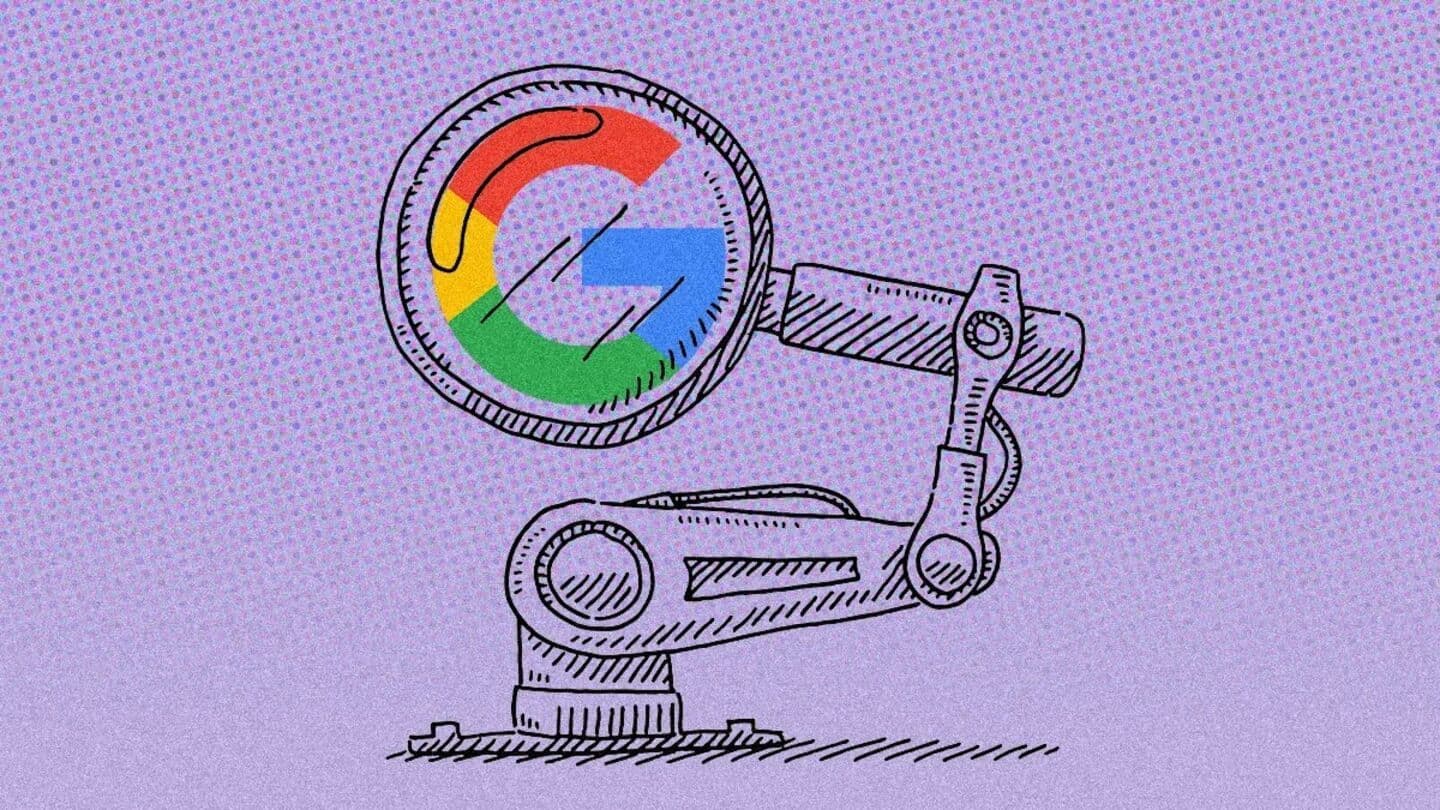
Google could leverage AI to extend search monopoly: US government
What's the story
The US Department of Justice (DOJ) has asserted that Google can utilize its advancements in AI to further to strengthen its online search monopoly.
This argument was presented as the landmark antitrust trial against the tech giant commenced on Monday in the US.
The lawsuit could change the internet as we know it, taking on Google's dominance as the go-to source for online information.
Key concern
Google paid Samsung 'enormous sums' for Gemini AI app installs
Central to the DOJ's case is the assertion that Google's substantial investments in AI, particularly its Gemini AI, are being used to maintain its search monopoly.
According to court testimony, Google pays Samsung an "enormous sum of money" to pre-install its AI tools, potentially extending these agreements until 2028.
Prosecutors argue that such practices could stifle competition and innovation in the AI-driven search landscape.
Google's stance
Google defends its AI products as outside the case's scope
In response to the DOJ's allegations, Google has argued that its AI initiatives fall outside the scope of the current antitrust case.
The company maintains that its success stems from offering superior services and that any enforcement actions could hinder innovation, increase costs for consumers, and negatively impact businesses that rely on Google's ecosystem.
Google emphasizes that its AI developments are part of a competitive market, citing the emergence of tools like ChatGPT as evidence of vibrant competition.
Proposed remedies
Antitrust enforcers propose measures to boost competition
The DOJ's proposed remedies are extensive, including the potential divestiture of Chrome browser and Android operating system if initial measures fail.
Additionally, the DOJ seeks to prohibit Google from entering into exclusive agreements that set its search engine as the default on devices and browsers.
These steps aim to dismantle what the DOJ describes as a self-reinforcing cycle of dominance that limits consumer choice and hampers rival innovation
Google would also have to license its search results to rivals.
Concerns raised
Google argues proposed measures could threaten browser makers
Google has argued that terminating payments to device makers could raise smartphone prices.
The company has been paying browser developers like Mozilla to stay their default search engine.
Google intends to summon witnesses from Mozilla, Verizon, and Apple in its defense.
The tech giant also argues that few potential Chrome buyers would have the same motivation as it does, to maintain the free open-source code behind it.
Impact
Google's ad tech business also declared an illegal monopoly
This trial is part of a wider push by US regulators to rein in potential monopolistic behavior in the tech sector.
Google is also contending with separate legal rulings, including one declaring its ad tech business an illegal monopoly. These combined actions mark the most aggressive antitrust moves in two decades.
As proceedings unfold, the outcome could reshape how AI is integrated into search, influence digital market structures, and establish new benchmarks for regulating dominant tech platforms and emerging technologies.